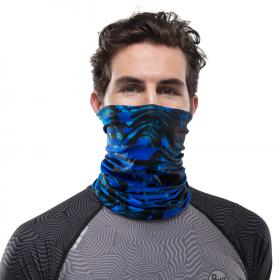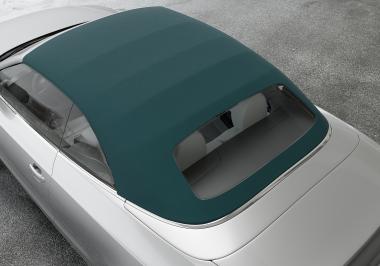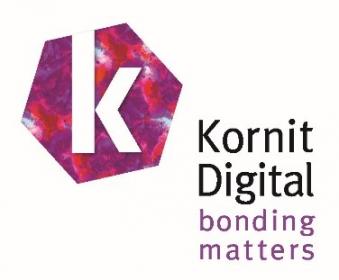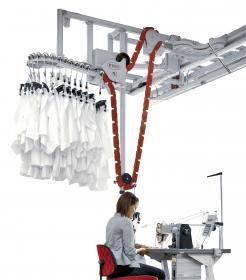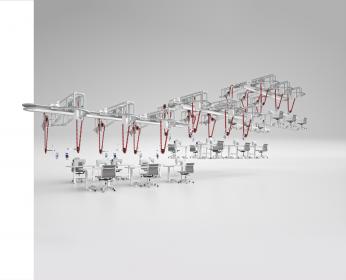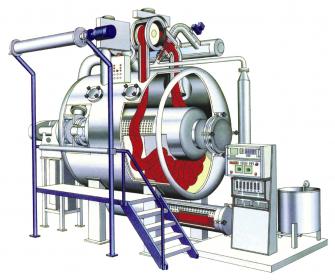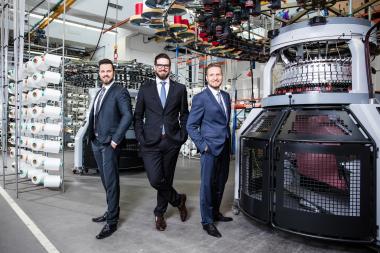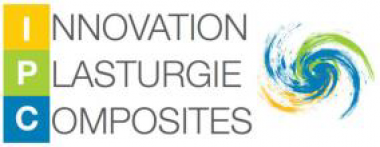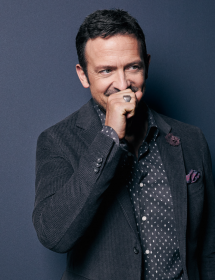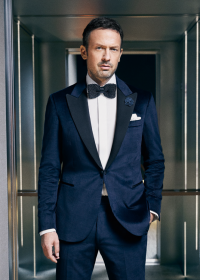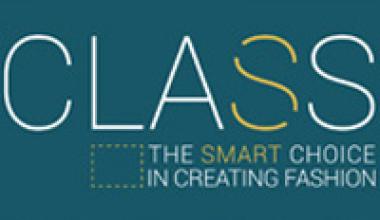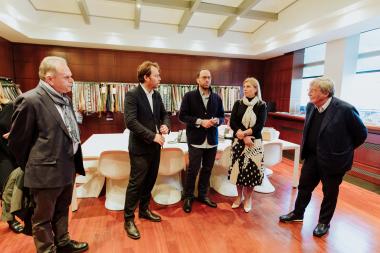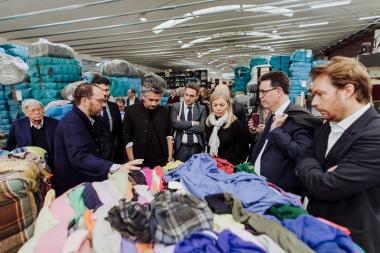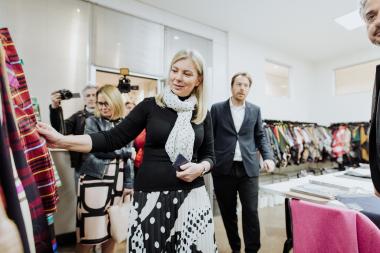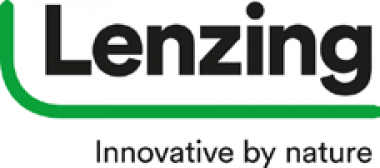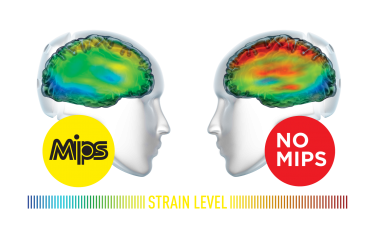Hohenstein bietet Abwasserprüfungen an
- Ab sofort setzt Hohenstein sein Know-how als Labor für ZDHC-Abwasserprüfungen ein
Durch die neue Anerkennung der ZDHC (Zero Discharge of Hazardous Chemicals) als Partnerlabor für Abwasserprüfungen, bietet Hohenstein nun seinen Kunden die Sicherheit, ZDHC-konform zu produzieren.
Als international akkreditiertes Testlabor sowie als Serviceanbieterund Forschungspartner der Textilindustrie unterstützt Hohenstein die Ziele der ZDHCsowie der ZDHC Roadmap.
Wie Hohenstein und die OEKO-TEX® Gemeinschaft, hat auch die ZDHC zum Ziel, umwelt-und gesundheitsschädigende Chemikalien im Herstellungsprozessvon Textilien, Leder und Schuhen wesentlich zu reduzieren oder gar komplett zu verbannen.
Durch die Prüfung der Abwasserwerte unterstützt Hohenstein die Industrie auf dem Weg eines minimierten Ausstoßes an gefährlichen Chemikalien. Hohenstein ist seit Dezember 2018 Mitglied der ZDHC und deren Laborarbeitsgruppe, die sich u.a. mit einheitlichen Anforderungen und Prüfverfahren für Abwasser beschäftigt. Mit Hilfe des ECO PASSPORT by OEKO-TEX® können bereits Chemikalien auf die ZDHC MRSL Konformität geprüft werden
Hohenstein Institute, Textilien
Hohenstein





